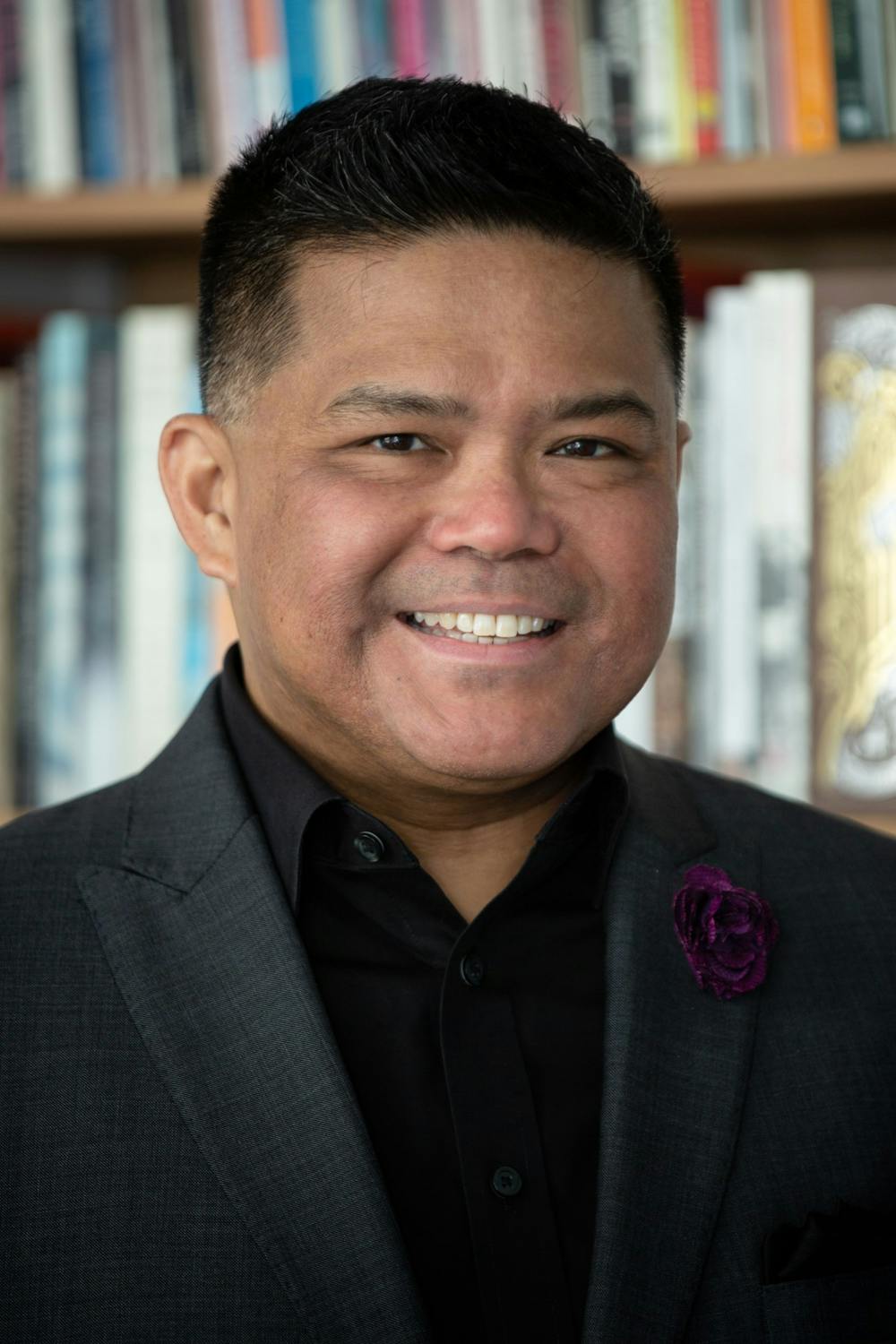The Asian American Center hosted its first AAC Fellows visit on Thursday – a lecture and conversation with Theodore S. Gonzalves, the curator of Asian Pacific American History at the National Museum of American History at the Smithsonian Institute and the interim director of the Smithsonian Asian Pacific American Center.
UNC does not currently have an Asian American studies department. The Fellows visits and the fellowship program is part of a larger goal at the AAC to connect students with resources that the University does not otherwise provide, said Krupal Amin, the associate director of the AAC.
“We’re trying to invite different cohorts of scholars, community organizers and artists to have their research conversations with each other, so that we can provide access to students," Amin told The Daily Tar Heel. "To be able to listen to those conversations, to be able to gain access to that knowledge, to be able to see talks like this where they can’t take a class, but they can come listen to a talk.”
"Asian American studies is an academic field that grew out of the Asian American movement, which allowed people to identify with each other in radical new ways," Gonzalves said.
“So they saw themselves as part of a global majority, not only as persons of color but as part of revolutionary movements that were spanning the globe," Gonzalves said. "That puts you into a different light, and also it gives you another way to think about the march of history and your place in the world.”
The main topic of Gonzalves' talk was Pilipino Cultural Night, an annual performance event originating from Filipino students at various West Coast universities in the '70s and '80s, and the subject of Gonzalves’ second book, "The Day the Dancers Stayed: Performing in the Filipino/American Diaspora."
Gonzalves explained how the dances performed at PCN connect to specific moments in Filipino-American history over the last century. Some of the connections he made included the Philippines' transition to an independent nation in the '40s and the response that Filipino dance group Bayanihan received from American media when it debuted in the U.S. theatre scene.
Pilipino Cultural Night directly addresses and engages with some of the identity struggles that Filipino-American youth face, Gonzalves said.
Finally, he commented on some of the Filipino items currently owned by the Smithsonian. Specifically, he reflected on the way Filipino human remains were originally recorded in 1905, lacking comprehensive descriptions and names.




